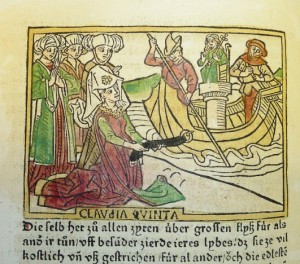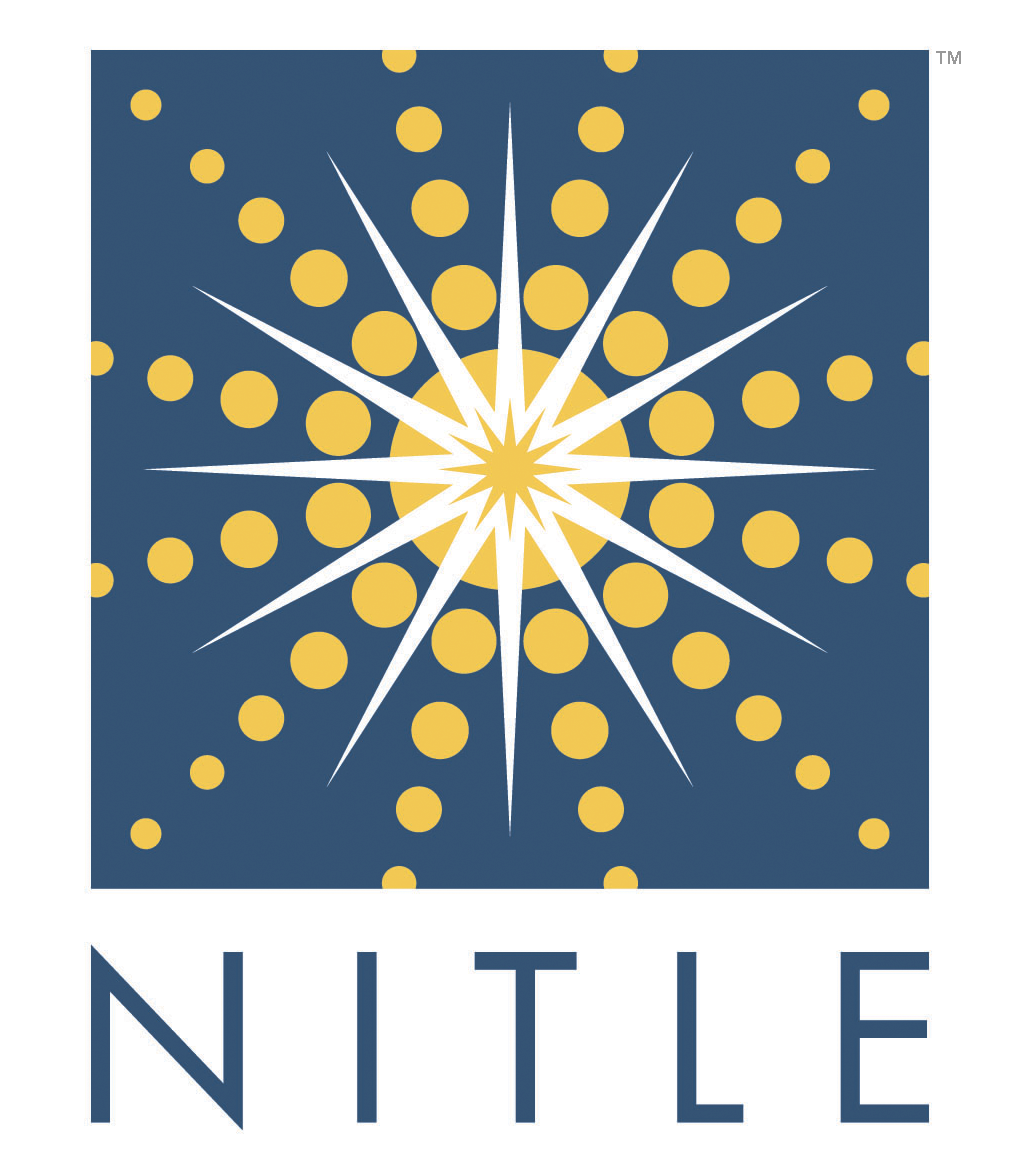 There is a stellar line up for this year’s Roberts Lectures. The subject is charismatic leadership in democratic societies. The featured speaker is Greek historian Jay Samons, possessed of no mean charisma himself, and his colleague from Boston University, early American historian Brendan McConville, who will provide a view from the age of the American founding fathers. The respondent for the Saturday lecture is historian Ted Lendon from the University of Virginia. The discussion promises to be a lively one. As always, the Friday lecture is intended for a more general audience, and the Saturday lecture to present new research. A concert follows the Saturday event. All are welcome to all events, and we hope to see you there. Please contact Marc Mastrangelo for further information (mastrang@dickinson.edu).
There is a stellar line up for this year’s Roberts Lectures. The subject is charismatic leadership in democratic societies. The featured speaker is Greek historian Jay Samons, possessed of no mean charisma himself, and his colleague from Boston University, early American historian Brendan McConville, who will provide a view from the age of the American founding fathers. The respondent for the Saturday lecture is historian Ted Lendon from the University of Virginia. The discussion promises to be a lively one. As always, the Friday lecture is intended for a more general audience, and the Saturday lecture to present new research. A concert follows the Saturday event. All are welcome to all events, and we hope to see you there. Please contact Marc Mastrangelo for further information (mastrang@dickinson.edu).
Friday October 4, 2013, 4:30 p.m. Stern Center Great Room, Dickinson College
J. Loren Samons and Brendan McConville (both of Boston University): “The Dangers of a First Citizen: Ancient & Modern.”
Beginning with the example of fifth century Athens, Professor Samons and Professor McConville will discuss the dangers of a charismatic, idealistic leader in a democratic environment. Questions for discussion and debate will include how the American founders reacted to examples like Pericles and how they sought to avoid the same thing happening in the U.S.
Saturday, October 5, 2013, 2:00 p.m. Wiess Center for the Arts, Room 235, Dickinson College
J. Loren Samons (Boston University): “Pericles and Homer.” Respondent: J.E. Lendon (University of Virginia).
Based on controversial aspects of his new biography of the Athenian general and politician, Pericles, to be published by for Cambridge University Press, Prof. Samons will argue for a radical new understanding of Pericles’ relationship to Homeric ideals. This lecture is part of a whole that will be the first hostile biography of Pericles ever written in English.

A concert will directly follow the Saturday event, in Rubendall Recital Hall, Weiss Center for the Arts. Pianist Jennifer Blyth (Dickinson College) will perform movements three and four of Charles Ives’ Piano Sonata No. 2 (“Concord Sonata”), and will be joined by fellow music-faculty members Michael Cameron (cello) and Elisabeth Stimpert (clarinet) and by the Peabody Institute’s Courtney Orlando (violin) to perform the 2004 Pulitzer Prize-winning Tempest Fantasy by Paul Moravec.



